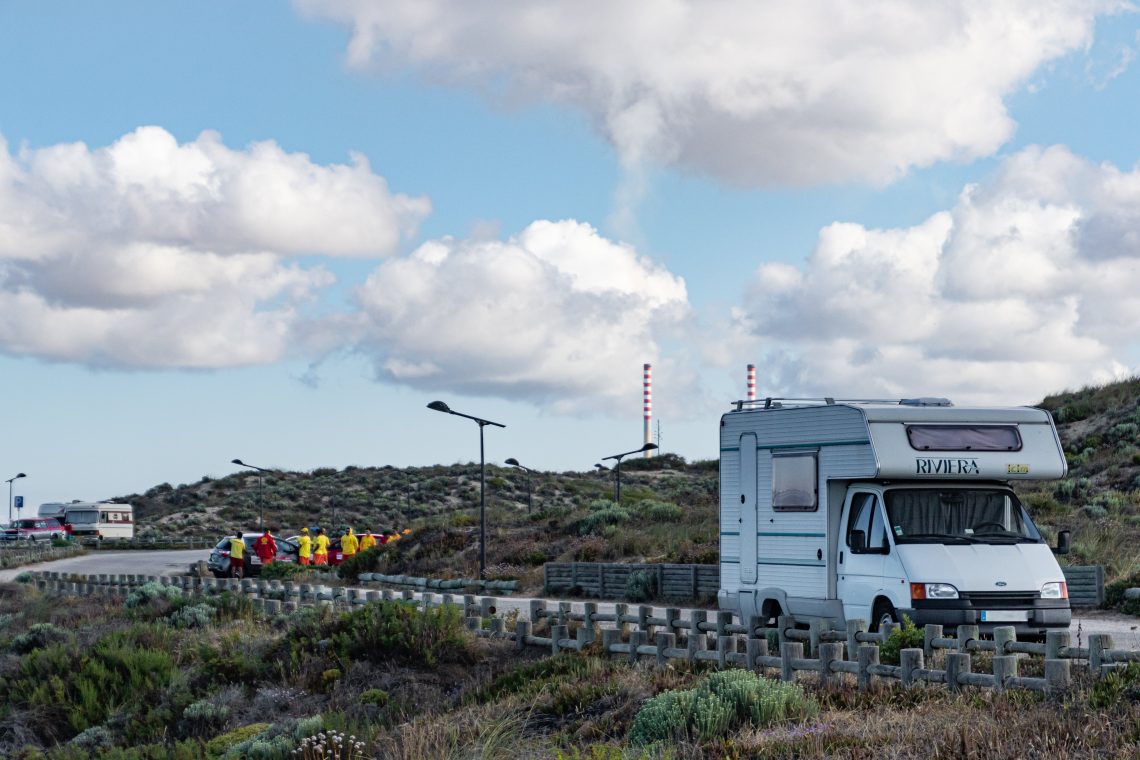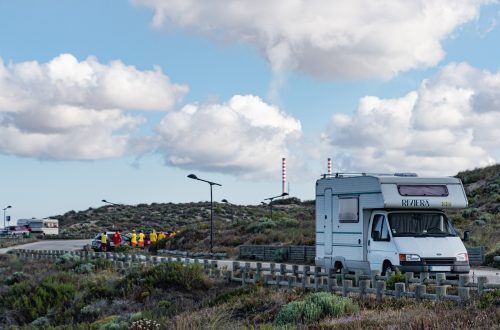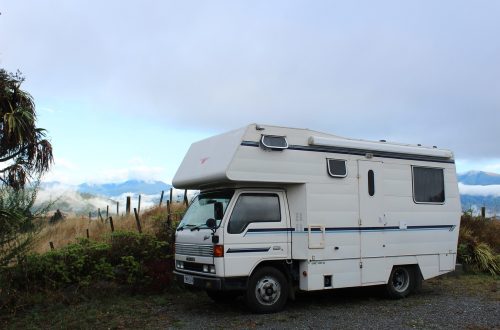
Does my RV need car insurance?
Yes, if you own and drive an RV (Recreational Vehicle), you generally need insurance coverage for it. However, the type of insurance you need may differ from typical car insurance due to the unique nature of RVs.
RV insurance typically covers both liability and physical damage. Liability coverage helps protect you if you are at fault in an accident and cause injury or property damage to others. Physical damage coverage helps repair or replace your RV if it’s damaged in an accident, by vandalism, or due to natural disasters.
The specific requirements and coverage options may vary based on factors such as the type of RV (motorhome, camper, etc.), how you use it, and the state or country regulations.
It’s essential to contact insurance providers that specialize in RV insurance to discuss your specific needs and find the coverage that suits your situation. Keep in mind that if you use your RV as a residence for an extended period, you may also want to explore additional coverage options, such as full-timer coverage, which provides protection similar to homeowners insurance for RV dwellers.
What To Look For In A Car Insurance Company
When looking for a car insurance company, it’s important to consider various factors to ensure you get the coverage and service that meet your needs. Here are some key factors to look for:
- Coverage Options:
- Ensure the company offers the types of coverage you need, including liability, collision, comprehensive, uninsured/underinsured motorist, and any additional coverage specific to your situation.
- Cost:
- Compare quotes from multiple companies to find competitive rates. Consider factors like deductibles, discounts, and payment plans.
- Financial Stability:
- Check the financial ratings of the insurance company through rating agencies like A.M. Best, Standard & Poor’s, or Moody’s to ensure they have the financial strength to meet their obligations.
- Customer Service:
- Look for reviews and ratings regarding the company’s customer service. A responsive and helpful customer service team can be crucial in times of need.
- Claims Process:
- Research the claims process and how quickly the company settles claims. An efficient and straightforward claims process is essential for a positive experience.
- Discounts:
- Inquire about available discounts, such as safe driver discounts, multi-policy discounts, good student discounts, or discounts for safety features on your vehicle.
- Coverage Limits and Deductibles:
- Understand the coverage limits and deductible options. Make sure they align with your budget and provide adequate protection.
- Online Tools and Mobile Apps:
- Consider the availability of online tools and mobile apps for managing your policy, making payments, and filing claims. User-friendly technology can enhance your overall experience.
- Reviews and Recommendations:
- Read customer reviews and seek recommendations from friends, family, or online communities. Real experiences can provide valuable insights into the company’s performance.
- Discounts and Rewards Programs:
- Some insurers offer loyalty programs or other incentives that can add value to your policy over time.
- Coverage for Special Circumstances:
- If you have unique needs, such as coverage for classic cars, rental car reimbursement, or roadside assistance, make sure the insurance company can accommodate those requirements.
Take your time to research and compare different car insurance companies to find the one that best suits your preferences and needs. Keep in mind that the cheapest option may not always provide the best overall value if it lacks necessary coverage or customer support.
For an affordable insurance quote for your RV contact us today by calling (541) 318-8835 or click here to connect with us online.



